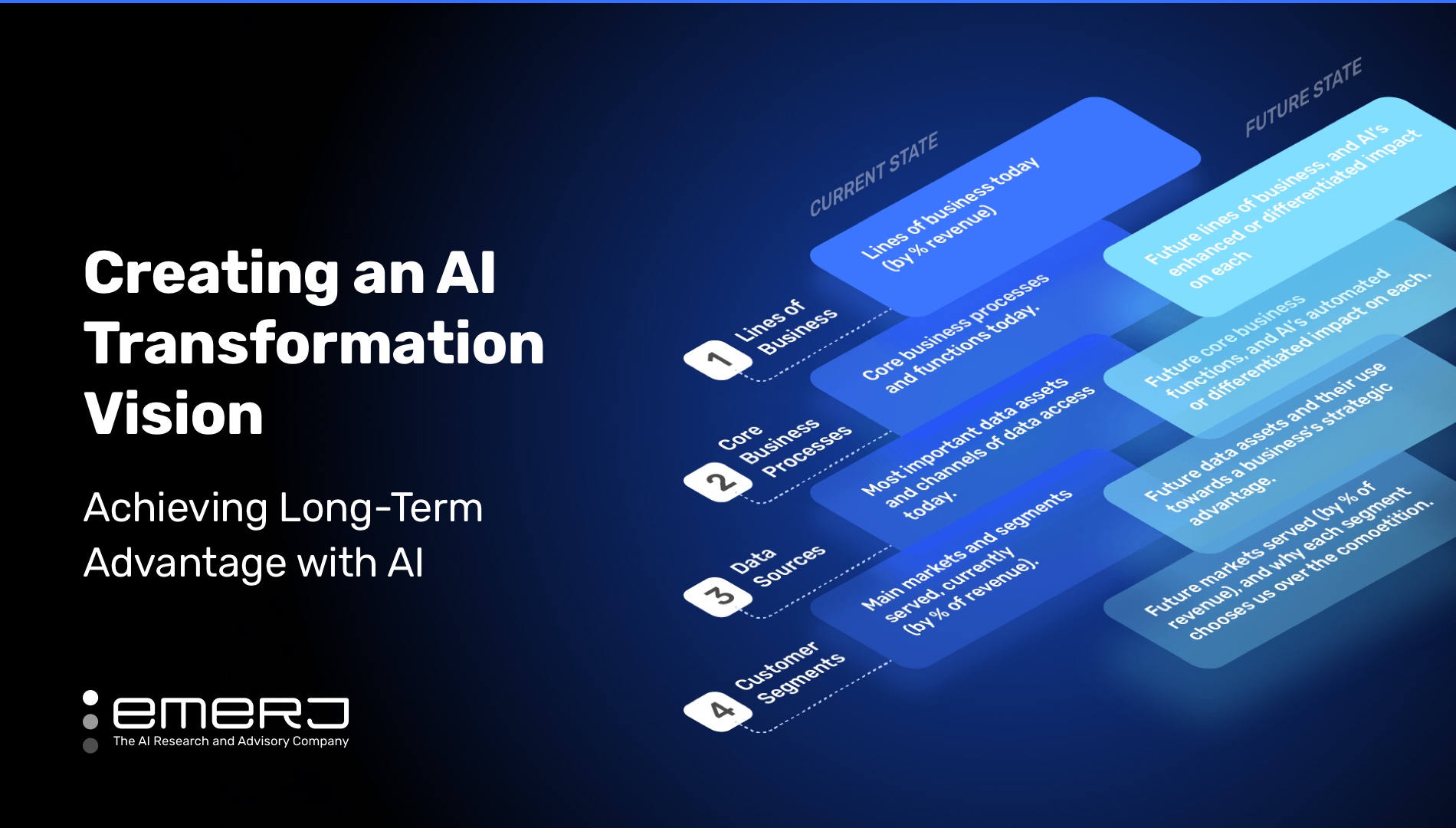
The AI Imperative: Transforming Business and Beyond
In today’s rapidly evolving digital landscape, the integration of Artificial Intelligence (AI) is no longer a matter of choice but a pressing necessity for organizations across various sectors. From e-commerce giants to nonprofit organizations, the effective leverage of data assets has emerged as a critical factor in enhancing operational efficiency and consumer engagement.
 The intersection of AI and business strategy is crucial for growth.
The intersection of AI and business strategy is crucial for growth.
The Adaptation of CIOs in the AI Era
AI has swiftly become a cornerstone of organizational strategy, reshaping the responsibilities of Chief Information Officers (CIOs). At the forefront of this transformation is Euronics, a prominent electrical retail association based in Amsterdam. The digital director, Umberto Tesoro, emphasizes the need for data-driven strategies to enhance customer experiences and boost sales.
Tesoro points out that while generative AI has received considerable attention, its immediate applications may not align with every business model. For Euronics, the focus remains on practical implementations that directly enhance operational outcomes.
“IT must be at the service of the business,” says Tesoro.
By prioritizing user experience (UX) design, Euronics has begun its journey toward a more sophisticated data management strategy. The company strategically hired a UX designer to refine site interactions, ensuring a seamless transition from browsing to purchasing. According to Tesoro, “E-commerce is a journey that goes from visiting the site to completing the purchase.” By continuously analyzing aggregated data, the team can iterate on site experience to ultimately foster a more satisfying shopping experience.
AI in Retail: Personalization at Scale
Utilizing machine learning (ML), Euronics enhances visitor interactions by offering personalized content that resonates with customer preferences. The integration of sophisticated analytics allows the company to tailor product suggestions based on previous purchases, which is further supported through partnerships with leading tech suppliers.
Tesoro explains that while there’s no need for in-house development, the internal IT team plays a pivotal role in governing collaborations with technology providers. The overarching aim remains focused on optimizing customer experience through strategic data analysis and innovative tech solutions.
Creatively engaging consumers is the crux of modern marketing.
This approach has also led to fruitful partnerships, as evidenced by Euronics’ collaboration with Criteo. By implementing Criteo’s retail media solutions, Euronics enables smarter product placement based on consumer search patterns, which in turn drives sales and enhances brand presence.
A New Paradigm in Nonprofit Data Management
The ripples of AI implementation can be felt even in nonprofit organizations, where data security and management hold paramount importance. Emergency, an NGO operating in conflict zones like Afghanistan, underscores the significance of maintaining robust data management practices in healthcare settings. CIO Manuele Macario highlights the importance of safeguarding clinical data, enhancing the efficiency and security of patient care systems.
With the integration of generative AI into its operations, Emergency is seeking to leverage the vast amounts of historical data generated from medical records. The Amanat project, which was born out of earlier data collection efforts, stands testament to how generative AI can revolutionize data processing, ensuring timely and accurate access to critical information.
“Gen AI should be applied only if there is a benefit that justifies the investment,” warns Macario.
This sentiment resonates with many industry experts who caution against hasty technological adoption without clear, demonstrable value.
AGI: A Distant Dream?
Despite the relentless surge of AI and generative technologies, there are voices in the tech industry cautioning against lofty expectations, particularly concerning Artificial General Intelligence (AGI). Kailash Nadh, the CTO of Zerodha, recently articulated skepticism surrounding the timeline for achieving AGI, stating it is “unrealistic to claim that AGI can be achieved within two to five years.” His perspective underlines the fact that AI developments have often been accompanied by exaggerated timelines, which are often fueled by commercial interests rather than grounded scientific insights.
Nadh emphasizes the profound relationship between AI advancements and the principles of physics and biology. These foundational elements demonstrate that AI has always teetered on the edge of breakthroughs, often falling short of its ambitious predictions.
The Open Source Movement and AI
The role of open-source solutions cannot be overstated within the current AI landscape. Nadh posits that the exponential growth of generative AI is driven significantly by open-source technologies that underpin development frameworks and tools, making them accessible for innovation across the industry.
At Zerodha, the integration of open-source models has led to substantial operational improvements, with AI applications transforming internal workflows and reducing the need for extensive manual labor. Nadh’s commitment to open-source ethics reflects a broader trend aimed at fostering collaboration without sacrificing employment opportunities.
“No one at Zerodha would lose their job solely due to the adoption of a particular technology,” asserts Nadh.
Such human-centric approaches to technology adoption highlight the continuous negotiation between technological innovation and societal impact, emphasizing the critical importance of ethical considerations in AI deployment.
Harnessing the power of open-source for expansion.
The Future of AI-Powered Marketing
In a bid to remain at the forefront of evolving consumer preferences, Mondelez International is leveraging generative AI to enhance its marketing capabilities. Collaborating with Accenture and Publicis Groupe, the company is launching a new platform aimed at refining consumer experience through personalized marketing.
Jon Halvorson, Senior Vice President at Mondelez, stresses that harnessing generative AI not only facilitates quicker content production but also ensures that marketing initiatives are both on-brand and ethically executed. The goal is to create a system where AI-driven processes yield timely marketing insights, allowing marketers to stay ahead of consumer trends and preferences.
As more companies adopt similar platforms, the merging of AI technologies with marketing strategies is transforming how brands communicate with their audiences, setting the stage for unprecedented personalization and engagement in consumer goods marketing.
Conclusion
The role of AI in reshaping industries is undeniable and multifaceted, affecting everything from retail strategies to nonprofit data management. With leaders across sectors advocating for cautious adoption balanced against tangible benefits, the dialogue around AI continues to evolve. As industry players like Euronics, Emergency, and Zerodha advance their AI capabilities, the march towards a more seamless integration of technology in business and society represents both an intriguing opportunity for innovation and a reminder of the ethical responsibilities that accompany rapid advancement.
Ultimately, the future of AI holds immense potential—but as the past has shown us, the journey must be navigated with vigilance and integrity.














